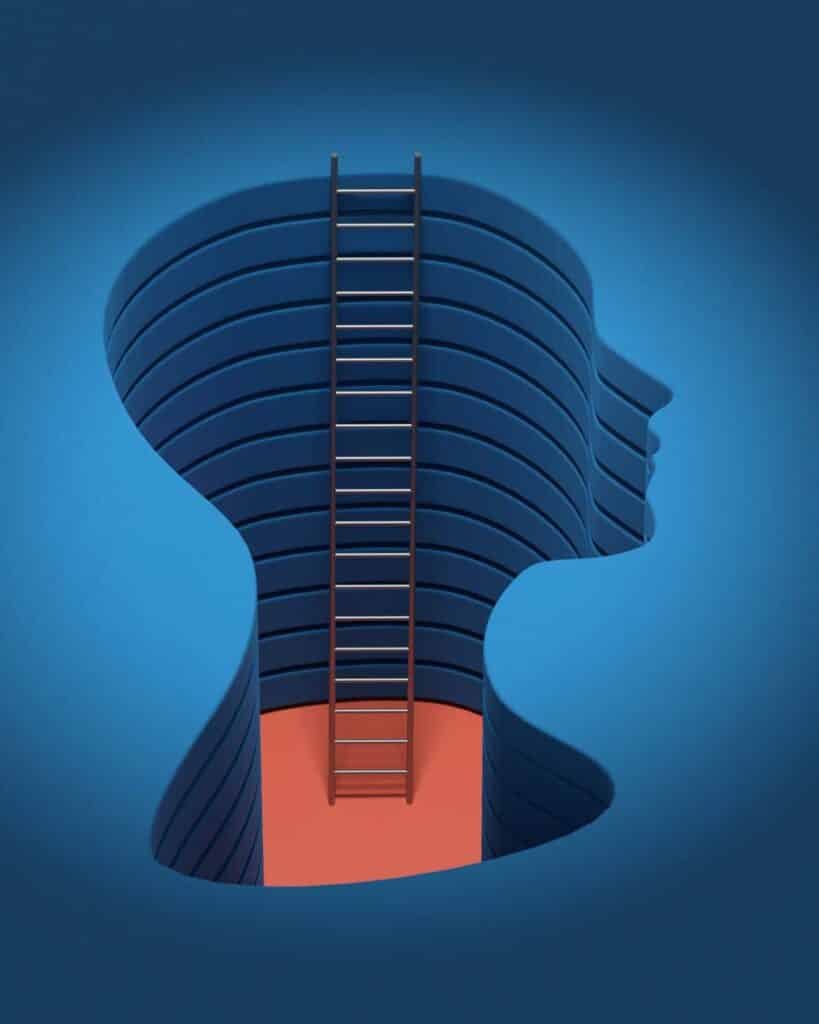While many people think that addiction is a choice, few know it’s a disease. This disease affects the addict physically and psychologically leading to marked changes in their physiology and psychology.

When it comes to addiction, there’s a distinction between physical and psychological dependence.
Physical dependence mainly refers to how the substance affects the body and what happens when your body starts to depend on a particular substance to function. It is typically associated with tolerance where your body becomes used to a substance so you keep needing higher amounts to function. When you quit using the substance or reduce the amount you’re used to, you experience withdrawal symptoms. Physical dependence can happen with or without psychological dependence and results in symptoms such as nausea, gastrointestinal distress, vomiting, diarrhea, seizures, and hallucinations.
Psychological dependence, on the other hand, refers to how the substance affects your behavior. It describes the mental and emotional processes that are associated with the development or recovery from an addiction or substance use disorder. This results in a range of cognitive or emotional symptoms that can be seen as a change in how you normally behave. One common symptom of psychological dependence is having strong cravings for the substance of your choice, to the point where it distracts you from other things.
Since people with an addiction are often driven by physiological processes (i.e. both physical and psychological) that influence their bodies and behavior, it is wrong to say that addiction is a choice. When you struggle with a substance use disorder, both physical and psychological dependence come into play making it challenging to quit using drugs or alcohol.
Symptoms of Psychological Dependence
These symptoms happen when you’re not using your substance of choice or when you attempt to quit taking it. They include:
- Cravings
- Anxiety
- Mood swings
- Irritability or restlessness
- Uncertainty on whether you can quit using
- Obsessing over the next high and getting the substance
- Denial of your substance use
- Being incapable of stopping your substance use
- Cognitive issues that arise over time due to the addiction include problems with memory, judgment, concentration, and problem-solving.
We Can Help You
No one should have to struggle with addiction on their own. Impact Outpatient Program is here to help you and your loved ones break free from the disease of addiction. Our outpatient treatment center in Louisville, Kentucky offers both intensive outpatient treatment and outpatient treatment, to give our clients more flexibility. Additionally, we offer telemedicine sessions where clients can attend their therapy sessions virtually in case they can’t make it there in person. All our addiction treatment programs are individualized and are based on a client’s unique needs and recovery goals to ensure that they get and remain sober. Contact us today to find out more about our treatment programs and how we can help you or your loved one to conquer addiction.

